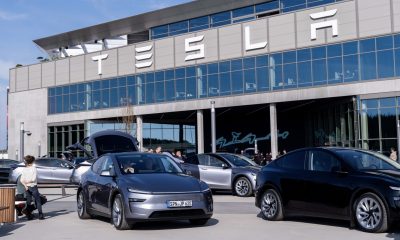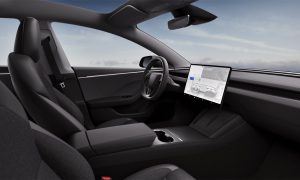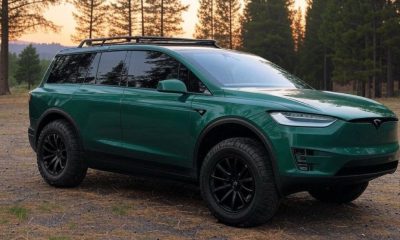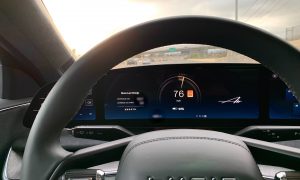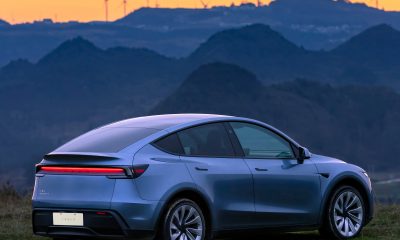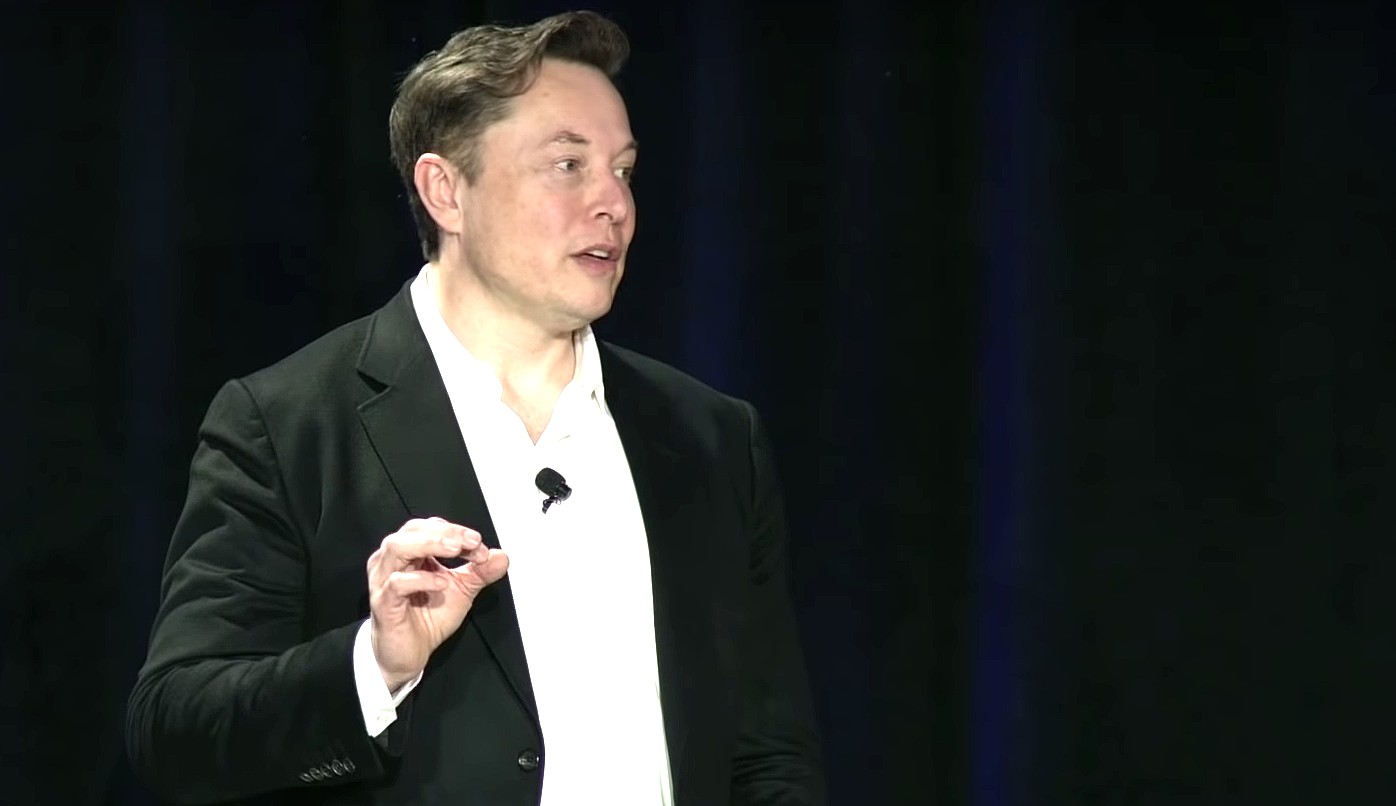

Investor's Corner
Elon Musk shows open support for Justice Department’s probe into short sellers
Tesla CEO Elon Musk is happy to see the US Justice Department initiate an investigation into short-sellers. In an email to CNBC, Musk stated that he is encouraged by an ongoing probe from the DOJ, as it is doing something that the Securities and Exchange Commission has curiously not done so far.
“I am greatly encouraged by the Justice Department investigating short sellers. This is something the SEC should have done, but, curiously, did not,” Musk wrote.
Earlier this month, reports emerged stating that federal prosecutors were looking into whether short-sellers conspired to drive down stock prices by sharing damaging research reports ahead of time and engaging in illegal trading tactics. The Justice Department had reportedly seized hardware, trading records, and private communications from key individuals as part of its investigation.
Two notable Tesla critics were among those reportedly investigated. Muddy Waters Research founder Carson Block, a vocal Tesla critic, reportedly received a search warrant. Andrew Left of Citron Research, who has also shorted Tesla in the past, reportedly had his computers seized by federal agents, as per a report from Bloomberg.
Musk, for his part, noted in his email that practices such as “short and distort,” which include the use of negative publicity to drive down a company’s stock price, are a way for sophisticated hedge funds to take advantage of small investors. The DOJ’s probe could then result in small investors getting harmed less frequently.
“Too often, sophisticated hedge funds have used short-selling and complex derivatives to take advantage of small investors. They will short a company, conduct a negative publicity campaign to drive the stock price down temporarily and cash out, then do it all over again many times. The term for this, as you may be aware, is ‘short & distort,’” the CEO noted.
Musk’s dislike for short-sellers actually goes beyond Tesla. Last year, Musk spoke out against short sellers during the radical rise of GameStop stock. He also called shorting a “scam legal only for vestigial reasons” on Twitter in January 2021.
Don’t hesitate to contact us with news tips. Just send a message to simon@teslarati.com to give us a heads up.
Investor's Corner
Goldman Sachs reduces Tesla price target to $285
Despite Goldman Sach’s NASDAQ: TSLA price cut to $285, Tesla boasts $95.7B in revenue & nearly $1T market cap.
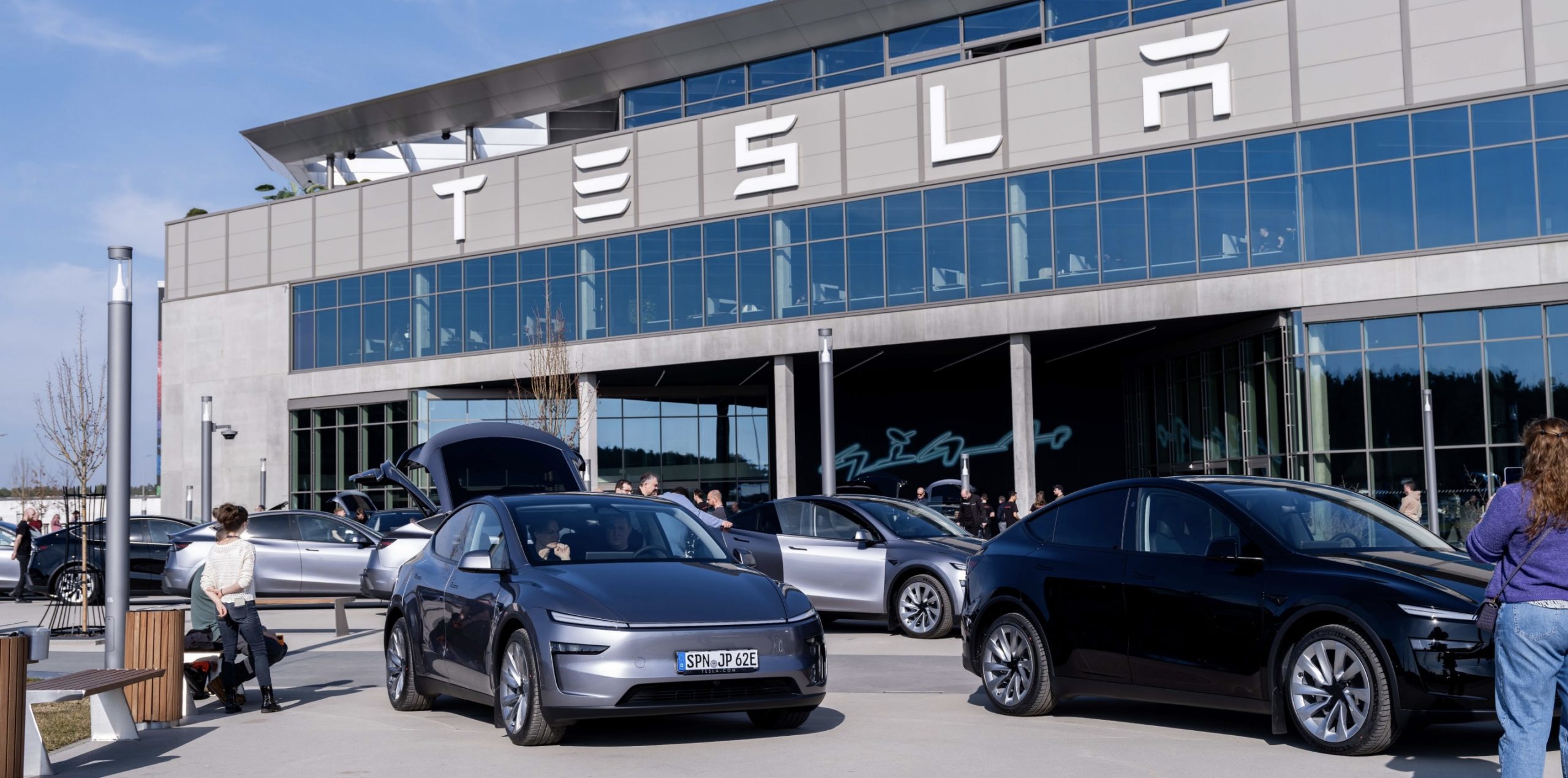
Goldman Sachs analysts cut Tesla’s price target to $285 from $295, maintaining a Neutral rating.
The adjustment reflects weaker sales performance across key markets, with Tesla shares trading at $284.70, down nearly 18% in the past week. The analysts pointed to declining sales data in the United States, Europe, and China as the primary driver for the revised outlook. In the U.S., Tesla’s quarter-to-date deliveries through May fell mid-teens year-over-year, according to Wards and Motor Intelligence.
In Europe, April registrations plummeted 50% year-over-year, with May showing a mid-20% decline, per industry data. Meanwhile, the China Passenger Car Association (CPCA) reported a 20% year-over-year drop in May, despite a 5.5% sequential increase from April. Consumer surveys from HundredX and Morning Consult also shaped Goldman Sachs’ lowered delivery and EPS forecasts.
Goldman Sachs now projects Tesla’s second-quarter deliveries to range between 335,000 and 395,000 vehicles, with a base case of 365,000, down from a prior estimate of 410,000 and below the Visible Alpha Consensus of 417,000. Despite these headwinds, Tesla’s financials remain strong, with $95.7 billion in trailing twelve-month revenue and a $917 billion market capitalization.
Regionally, Tesla’s challenges are stark. In Germany, the German road traffic agency KBA reported Tesla’s May sales dropped 36.2% year-over-year, despite a 44.9% surge in overall electric vehicle registrations. Tesla’s sales fell 29% last month in Spain, according to the ANFAC industry group. These declines highlight shifting consumer preferences amid growing competition.
On a positive note, Tesla is making strategic moves. The Model 3 and Model Y are part of a Chinese government campaign to boost rural sales, potentially mitigating losses. Piper Sandler analysts reiterated an Overweight rating, emphasizing Tesla’s supply chain strategy.
Alexander Potter stated, “Thanks to vertical integration, Tesla is the only car company that is trying to source batteries, at scale, without relying on China.”
As Tesla navigates these delivery challenges, its focus on innovation and supply chain resilience could help it maintain its edge in the electric vehicle market despite short-term hurdles.
Elon Musk
Elon Musk explains Tesla’s domestic battery strategy
Elon Musk responded to a new note from an analyst that highlighted Tesla’s battery strategy.
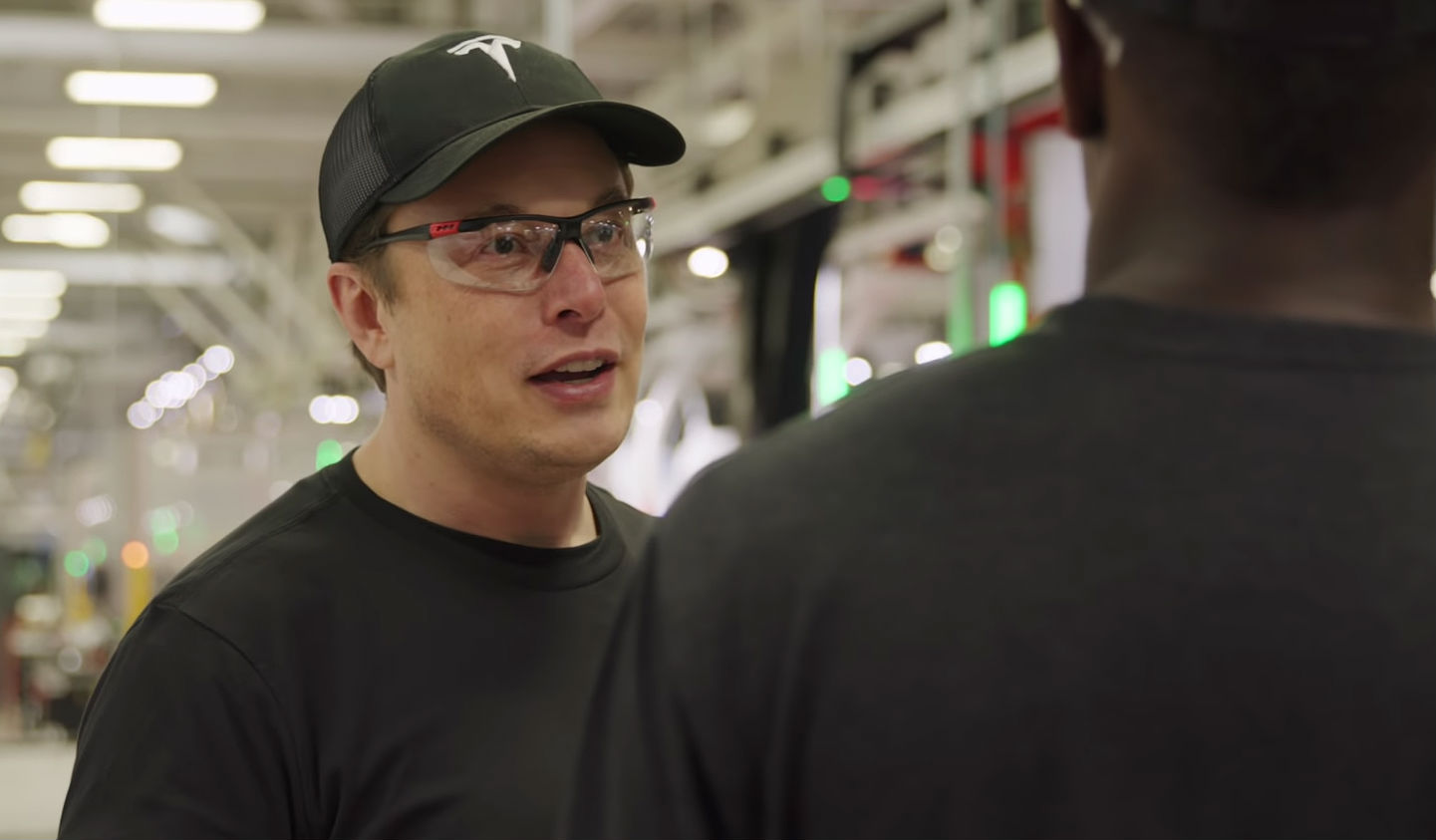
Tesla CEO Elon Musk explained the automaker’s strategy for building batteries from top to bottom in a domestic setting as the company continues to alleviate its reliance on Chinese materials, something other companies are too dependent on.
With the Trump Administration, it is no secret that the prioritization of U.S.-built products, including sourcing most of the materials from American companies, is at the forefront of its strategy.
The goal is to become less dependent on foreign products, which would, in theory, bolster the U.S. economy by creating more jobs and having less reliance on foreign markets, especially China, to manufacture the key parts of things like cars and tech.
In a note from Alexander Potter, an analyst for the firm Piper Sandler, Tesla’s strategy regarding batteries specifically is broken down.
Potter says Tesla is “the only car company that is trying to source batteries, at scale, without relying on China.”
He continues:
“Eventually, Tesla will be making its own cathode active materials, refining its own lithium, building its own anodes, coating its own electrodes, assembling its own cells, and selling its own cars; No other US company can make similar claims.”
Musk, who spent time within the Trump White House through his work with the Department of Government Efficiency (DOGE), said that Tesla is doing the “important” work of localizing supply chains as the risks that come with being too dependent on foreign entities could be detrimental to a company, especially one that utilizes many parts and supplies that are manufactured mostly in China.
It is important, albeit extremely hard work, to localize supply chains to mitigate geopolitical risk
— Elon Musk (@elonmusk) June 3, 2025
Tesla has done a lot of work to source and even manufacture its own batteries within the United States, a project that has been in progress for several years but will pay dividends in the end.
According to a 2023 Nikkei analysis, Tesla’s battery material suppliers were dominated by Chinese companies. At the time, a whopping 39 percent of the company’s cell materials came from Chinese companies.
This number is decreasing as it operates its own in-house cell and material production projects, like its lithium refinery in Texas.
It also wants to utilize battery manufacturers that have plans to build cells in the U.S.
Panasonic, for example, is building a facility in Kansas that will help Tesla utilize domestically-manufactured cells for its cars.
Elon Musk
Tesla stock: Morgan Stanley says eVTOL is calling Elon Musk for new chapter
Could Tesla dive into the eVTOL market? Morgan Stanley takes a look.
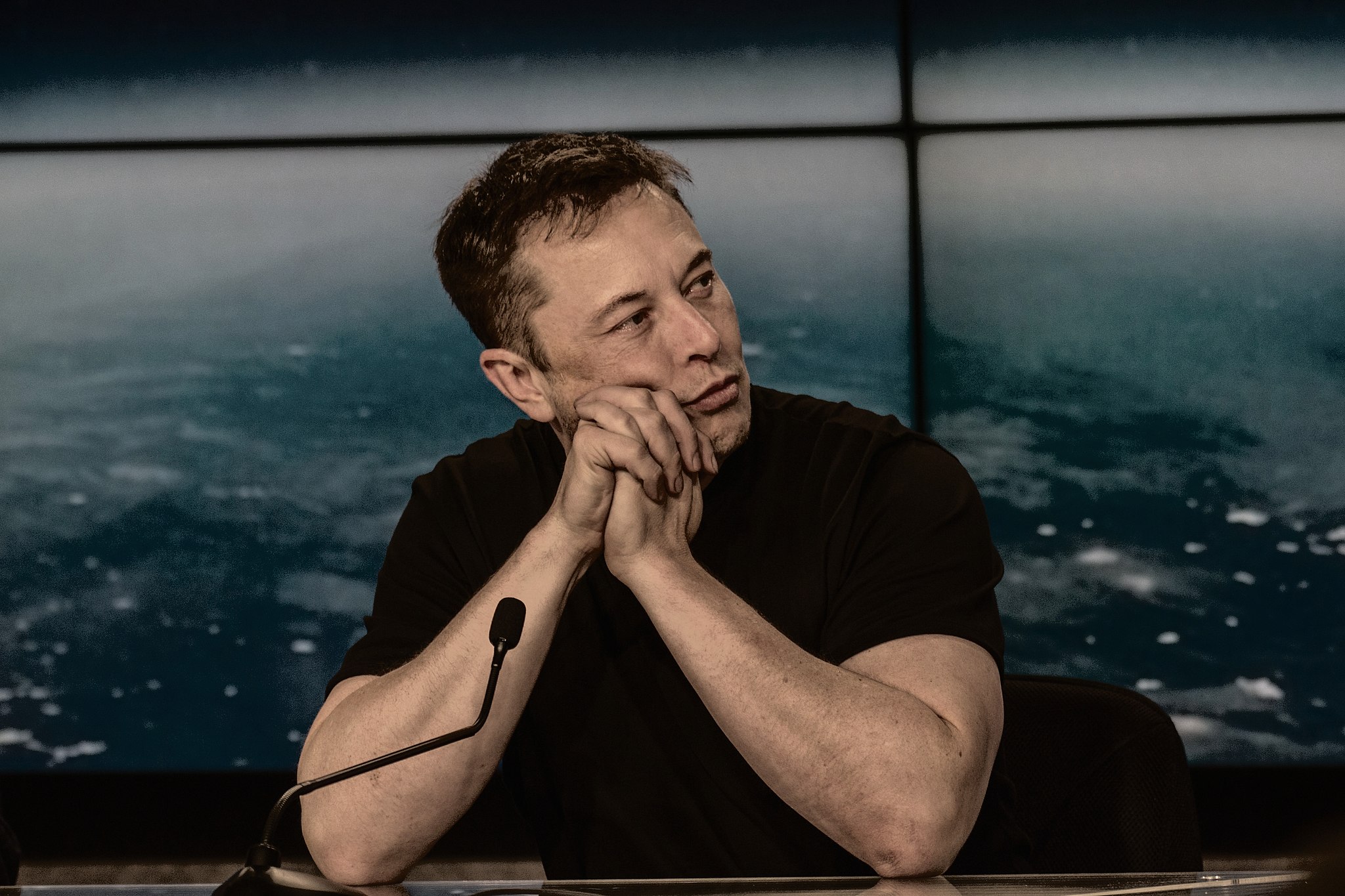
Tesla shares are up nearly 20 percent in the past month, but that is not stopping the only trillion-dollar automaker from attracting all types of new potential sectors to disrupt, at least from an investor and analyst perspective.
Morgan Stanley’s Adam Jonas is not one to shy away from some ideas that many investors would consider far-fetched. In a recent note, Jonas brought up some interesting discussion regarding Tesla’s potential in the eVTOL industry, and how he believes CEO Elon Musk’s answer was not convincing enough to put it off altogether.
Tesla’s Elon Musk says electric planes would be ‘fun problem to work on’
Musk said that Tesla was “stretched pretty thin” when a question regarding a plane being developed came up. Jonas said:
“In our opinion, that’s a decidedly different type of answer. Is Tesla an aviation/defense-tech company in auto/consumer clothing?”
Musk has been pretty clear about things that Tesla won’t do. Although he has not unequivocally denied aviation equipment, including planes and drones, as he has with things like motorcycles, it does not seem like something that is on Musk’s mind.
Instead, he has focused the vast majority of his time at Tesla on vehicle autonomy, AI, and robotics, things he sees as the future.
Tesla and China, Robotics, Pricing
Morgan Stanley’s note also discussed Tesla’s prowess in its various areas of expertise, how it will keep up with Chinese competitors, as there are several, and the race for affordable EVs in the country.
Tesla is the U.S.’s key to keeping up with China
“In our view, Tesla’s expertise in manufacturing, data collection, robotics/ physical AI, energy, supply chain, and infrastructure are more critical than ever before to put the US on an even footing with China in embodied AI,” Jonas writes.
It is no secret that Tesla is the leader in revolutionizing things. To generalize, the company has truly dipped its finger in all the various pies, but it is also looked at as a leader in tech, which is where Chinese companies truly have an advantage.
Robotics and the ‘Humanoid Olympics’
Jonas mentioned China’s recent showcasing of robots running half marathons and competing in combat sports as “gamification of robotic innovation.”
Tesla could be at the forefront of the effort to launch something similar, as the analyst predicts the U.S. version could be called “Humanoid Ninja Warrior.”
Pricing
Tesla is set to launch affordable models before the end of Q2, leaving this month for the company to release some details.
While the pricing of those models remains in limbo with the $7,500 tax credit likely disappearing at the end of 2024, companies in China have been able to tap incredibly aggressive pricing models. Jonas, for example, brings up the BYD Seagull, which is priced at just about $8,000.
Tesla can tap into an incredibly broader market if it can manage to bring pricing to even below $30,000, which is where many hope the affordable models end up.
During the Q3 2024 Earnings Call, Musk said that $30,000 is where it would be with the tax credit:
“Yeah. It will be like with incentive. So, 30K, which is kind of a key threshold.”
-
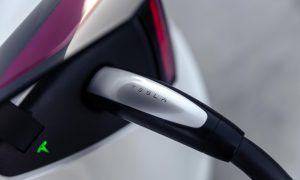
 News6 days ago
News6 days agoTesla to lose 64 Superchargers on New Jersey Turnpike in controversial decision
-
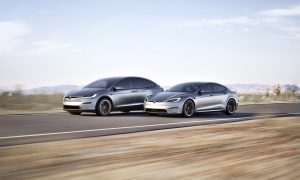
 News2 weeks ago
News2 weeks agoTesla’s new Model S and X spotted, but they leave a lot to be desired
-
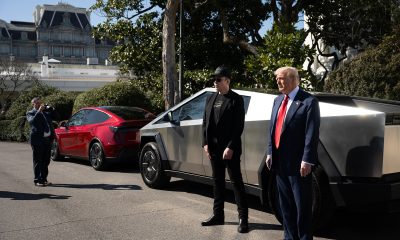
 Elon Musk2 weeks ago
Elon Musk2 weeks agoHow Tesla could benefit from the ‘Big Beautiful Bill’ that axes EV subsidies
-
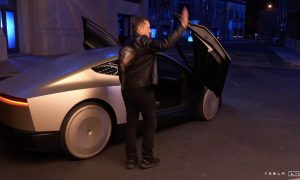
 Elon Musk2 weeks ago
Elon Musk2 weeks agoTesla set for ‘golden age of autonomous’ as Robotaxi nears, ‘dark chapter’ ends: Wedbush
-
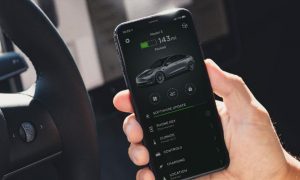
 News1 week ago
News1 week agoTesla gets major upgrade that Apple users will absolutely love
-
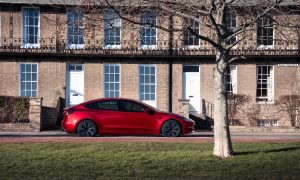
 News2 weeks ago
News2 weeks ago‘Tesla tax’ could be no more in United Kingdom
-
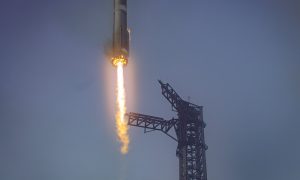
 Elon Musk2 weeks ago
Elon Musk2 weeks agoSpaceX Starship gets FAA nod for ninth test flight
-
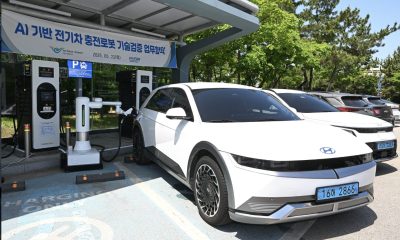
 News2 weeks ago
News2 weeks agoHyundai begins real-world testing of AI-powered EV charging robot


